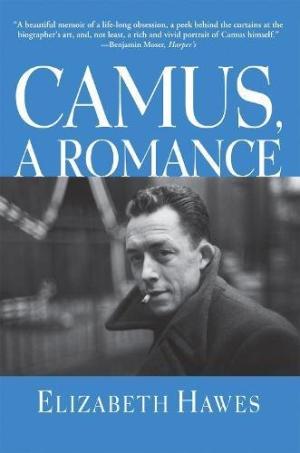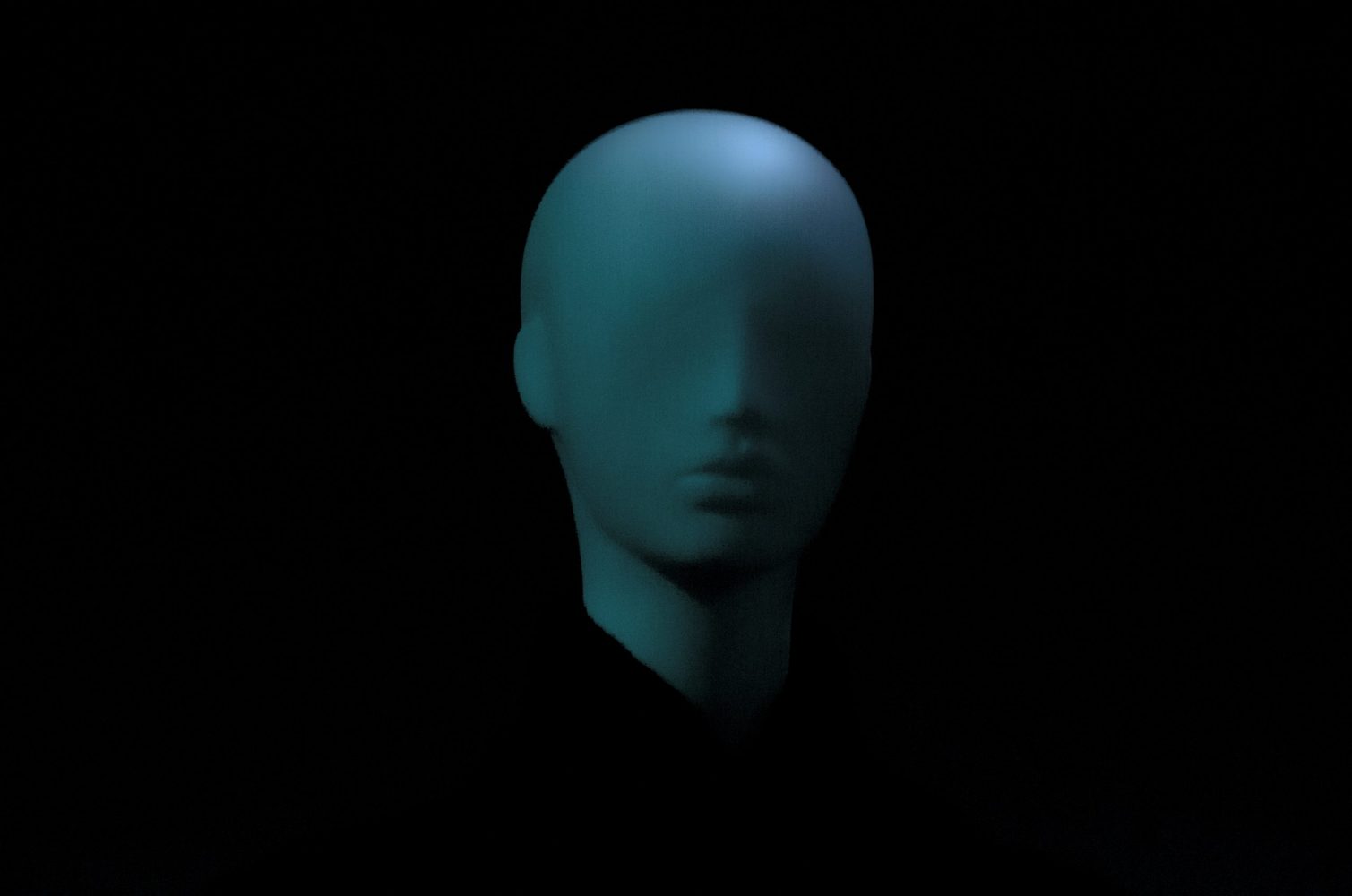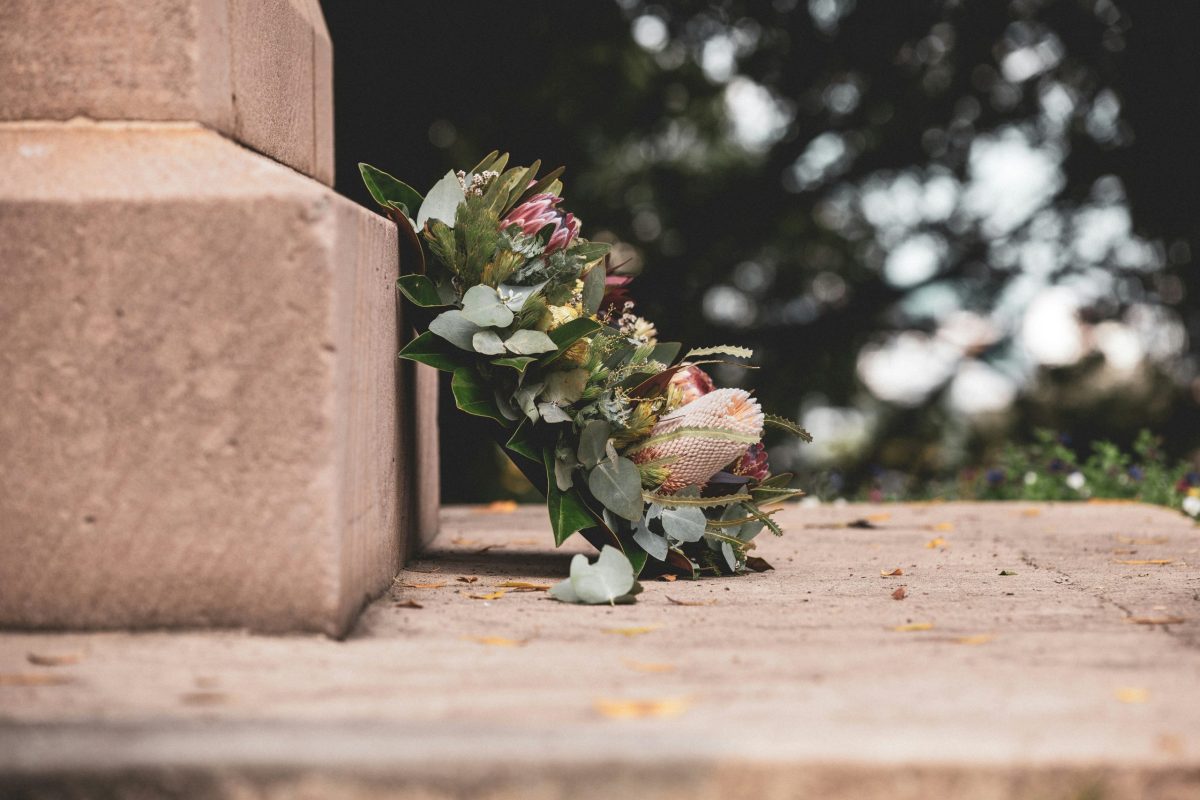Reading Lists
7 Biographies That Are Secretly Memoirs
Jenn Shapland recommends books about seeing yourself in other people

It’s hard for a woman to write about herself, her own life, for the simple reason that women have been positioned throughout history as objects, not subjects. Perhaps as a result of this challenge—the challenge of making yourself a subject—it’s not at all unusual for a woman’s memoir to have as its subject someone other than the author. In between telling your own story and telling someone else’s lies an overlapping mess of genres: autobiography and biography, fiction and autofiction, the speculative and the subjective. This in-between is where I’ve lived for the past seven years working on a book about Carson McCullers, but when I look back I see that I’ve dwelled here since I was an adolescent devouring the few women’s stories I could get my hands on—usually the stories of privileged, straight white women (who, I suspect, could snag a book deal as long as “memoir” was stamped on the front cover).
It only occurred to me recently how formative this specific subgenre—the memoir about someone else—has been in my own reading life, and how influential it was on writing my first book, which involved the relentless pursuit of someone else’s life story as a way to voice my own. My Autobiography of Carson McCullers began with finding a trove of love letters McCullers received from Annemarie Schwarzenbach, and led to cataloguing her nightgowns and cigarette lighters at the Harry Ransom Center, living for a month in her childhood home in Columbus, Georgia, and following her to Yaddo, where she wrote several of her novels. When I describe the book, I can finally hear how McCullers’ story has shaped the arc of my own life.
Often framed as stories of obsession, memoirs about other people are really about finding yourself in another person and articulating your identity through your relationship to them. Seeing yourself in someone else is a queer practice, though the books that left a mark on me, for the most part, weren’t queer. They were simply the stories of relationships: fandom and friendship, intellectual stalking and emotional shadowing.
Wild Child: Life with Jim Morrison by Linda Ashcroft
I’m embarrassed by this formative book, which I probably pulled from my older brother’s shelf when I was in eighth grade. My best friend Kaitlyn and I were obsessed with The Doors, with Pearl Jam, with all kinds of terrible rock stars beloved by high school dudes everywhere. I’m not proud of it. But Ashcroft used her relationship to Morrison to write over five hundred pages about her own life, even though it’s his photo on the cover of her book. Deep down it’s a coming of age story about a woman navigating the heady patriarchy of late 1960s counter culture.
As with many true stories authored by women, Wild Child has been alleged to have been largely made up, and Morrison’s parents and legal team put a stop to its publication in the UK. While I didn’t know this at the time I read it, I remain dubious of those who question the author’s credibility, and unwilling to wade too far into the aged scandal. (One Goodreads reviewer writes, “She claims that she tried to have sex with him at the age of 15. Was Jim capable of statutory rape?”)
Truth and Beauty by Ann Patchett
These days female friendship is at the heart of so many touchstones, from Broad City to Insecure to Sally Rooney’s Conversations with Friends. But in the early 2000s, it was Ann Patchett who showed me that a friendship, a relationship between women, could be the central driving force of a life story. I remember reading this when I was a teen and being blown away by the complex friendship at the heart of it between two young women writers trying to make their way in the world. “We shared our ideas like sweaters,” she writes. “We gave over excess words, a single beautiful sentence that had to be cut but perhaps the other would like to have.” I listened to it again recently on audiobook, and it still snaps.
Zami: A New Spelling of My Name by Audre Lorde
Audre Lorde’s “biomythography” is the closest thing on this list to a memoir, a single life story, but it’s also the strangest memoir I’ve ever read. It begins “To whom do I owe the power behind my voice?” It’s about Lorde’s own life, but it reads like a novel. It’s also a collective memoir of her life through other women, formative mentors and role models and friends and girlfriends who shaped her and changed her perspective on the world. In the spirit of my proclivity for borrowing borrowed things—life stories, titles—I borrowed her epigraph (“In the recognition of loving lies an answer to despair”) for my own book.
Camus: A Romance by Elizabeth Hawes
Camus: A Romance came out right when I started working at BookPeople bookstore as a 22-year-old, and it’s possible I read it because the subject was so familiar—all through college I competed with Camus for the attention of my girlfriend, who was so into her thesis she started to look a bit like him. Peacoat lapel up, cigarette at a low angle. I now see how Hawes’ work informed my understanding of what a biography is and can be, how all biography is a complicated love story, and how all research is deeply personal.
With Borges by Alberto Manguel
Imagine, though, if you were sixteen and working at a bookstore in Buenos Aires, and Jorge Luis Borges walked in and asked you to read aloud to him. With Borges chronicles Manguel’s evenings spent reading to Borges from books the aging, blind writer knew by heart. At first, Manguel doesn’t realize that he’s stumbled into a part-time job that will change his entire life, but by the end the influence of Borges is all over the person Manguel becomes. Like Borges, he will go on to serve as the Director of the National Library, and he will devote his life to writing about books. Writers caretaking older writers and artists is a genre unto itself—another gem in this category is Eileen Myles’ short story “Chelsea Girls,” in which she works as an assistant to poet James Schuyler. Like each book on this list, these are autobiographical forays into mythmaking, affirmations of the fiction at the heart of how we relate to other people—especially those we come to idolize.
The Red Parts by Maggie Nelson
Maggie Nelson’s first book of prose is subtitled “autobiography of a trial,” so you know right away conventional genres are up for grabs here. It’s an instance in which she would say she’s “‘in drag’ as a memoirist,” using the still unfolding details of her aunt Jane’s murder trial to examine her own relationship to her family, her past, violence, and fear. It’s also a spin on the true crime genre, from the perspective of someone who moves fluidly from the role of unofficial detective to voyeuristic bystander to victim, as she tries to understand why the crime that occurred decades ago still has a hold on her.
Suite for Barbara Loden by Nathalie Leger
Given the prompt of writing a short film encyclopedia entry about the film Wanda, Nathalie Leger is unable to write anything without researching everything from “the history of the United States” to “the history of the self portrait” to “the invention of hair curlers.” I felt this exact desire when I first read Carson’s love letters from Annemarie: how could I begin to understand this one person’s story unless I learned everything about the time period, the ensuing years, queer women and their histories?
Leger sums up the structure at the heart of each of these refracted memoirs, including her own: “I felt like I was managing a huge building site, from which I was going to excavate a miniature model of modernity, reduced to its simplest, most complex form: a woman telling her own story through that of another woman.” Or, in some cases, through the story of a lizard king.
















